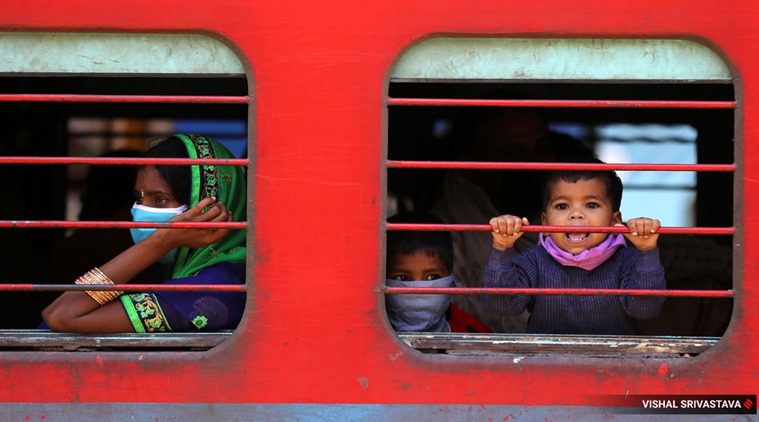
The Indian Express
How Railways, Metro services plan to gather steam post-lockdown 4.0
Railways, Metro services plan: While Railways is set for the graded resumption of passenger train services from June 1, the Centre is yet to give the go-ahead for metro rail operations.
by Express Web DeskWith the fourth phase of the nationwide lockdown due to the Covid-19 pandemic ending on May 31 and the Centre deliberating on the roadmap ahead, the Railways is gearing up for the graded resumption of passenger train operations from June 1. Metro rail services, on the other hand, are yet to get a green light from the Centre as they remain in the list of restricted activities across the country under the latest lockdown guidelines of the Ministry of Home Affairs.
Firstly, let’s take a look at how Railways is planning to restart its services
Seventeen Jan Shatabdis, five Durontos and a number of traditionally popular mail or express trains to various parts of India will be among the list of 100 pairs of trains—to and fro—to be reintroduced from June 1. These are in addition to the Shramik Special trains, which have been running since May 1. The Railways’ decision is in line with the resumption of domestic flight services in a ‘calibrated manner’.
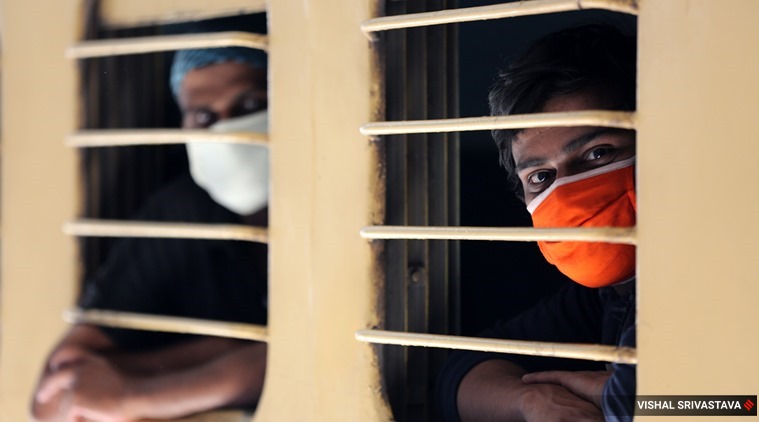
The decision, according to the sources, has been taken with the twin objective of opening up the options for willing migrants to come back to the states of work from their home states in the interest of resumption of economic activity, along with giving the stranded and others willing to travel the option.
The bookings for these trains started on May 21 and tickets can only be booked from the website. These trains can be booked up to 30 days in advance. In a bid to restore some normalcy on railways stations, Railways also ordered that the food stalls and canteens at stations be opened.
List of trains to run from June 1
Aside from the 17 Jan Shatabdis, which are seating-only trains for shorter distances, five Durontos will run from Howrah to Yesvantpur, Sealdah to Puri, Shalimar to Patna, Ernakulam to Nizamuddin and Secunderabad to Nizamuddin. These selected trains connect tier-two cities across India as well as metros and capital cities.
Additionally, regular mail/express long-distance trains will include popular ones like Shivgang, Shramjeevi, Goa Express, Andhra Pradesh Express, Golden Temple Mail, Karnataka Sampark Kranti, Howrah-Mumbai Mail, Ashram Express, Karambhumi Express, etc.
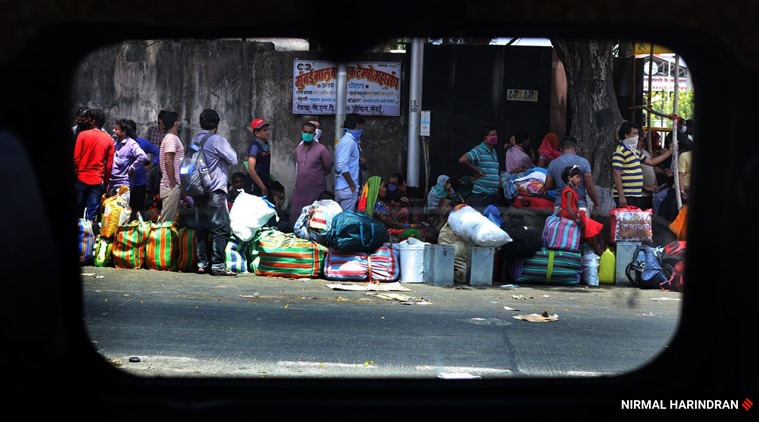
These will be fully reserved trains having both AC and non-AC classes. General coaches shall also have reserved seats for sitting. There will be no unreserved coach in the train. “Fare shall be as normal and for General (GS) coaches, being reserved, second seating (2S) fare shall be charged and seats will be provided to all the passengers,” Railways said.
The usual health protocol of screening and allowing only asymptomatic passengers to travel etc as applicable on the special Rajdhani-type trains started earlier this month will continue, like having to reach station 90 minutes in advance. A limited number of booking counters will be opened for special passes and quotas but not for the general public.
Only four categories of Divyangjan concession and 11 categories of patient concessions are permitted in these special trains.
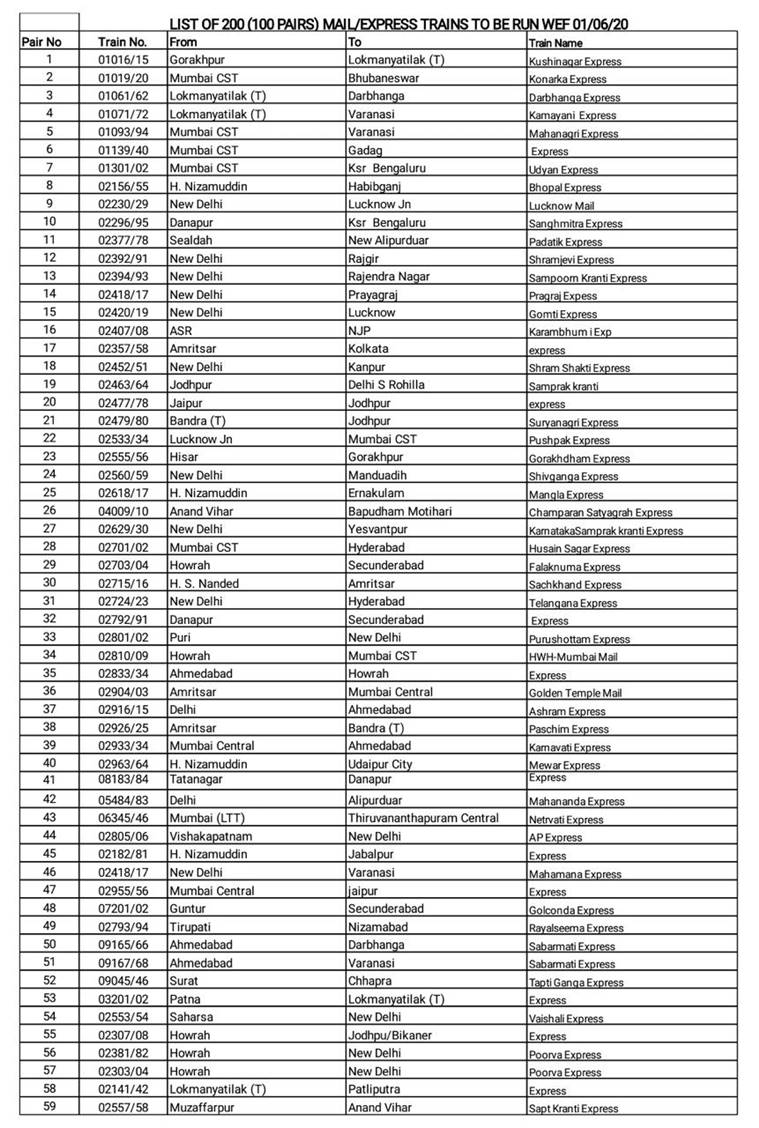
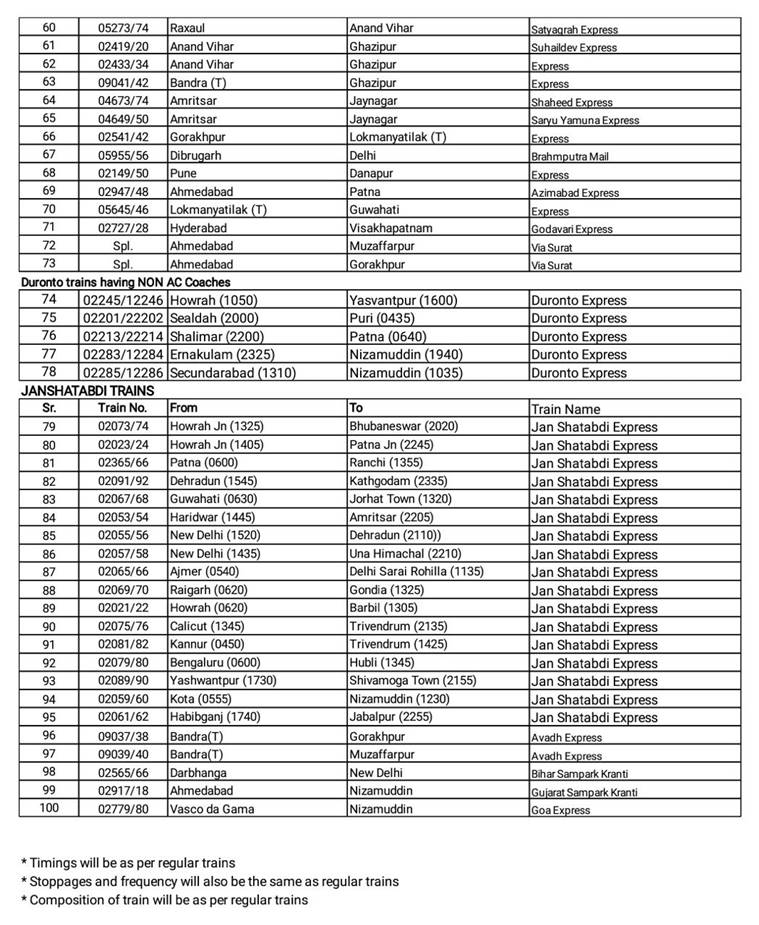
Railways’ next course of action: More trains, opening booking counters
After its decision to restart 100 pairs of trains from June 1, the government is also planning to restore around a similar number of more trains soon. While a large number of non-AC coaches already being used by Shramik Specials and a huge number consumed by the restoration of the 100 pairs of mail/express trains, it is expected that the next set of train services to be resumed will have the AC class services. Around 1,200 pairs of regular mail/express trains remain to be restored.
Last week, it had decided to open ticket booking counters across the country in a phased manner so that the sale of tickets offline can restart.
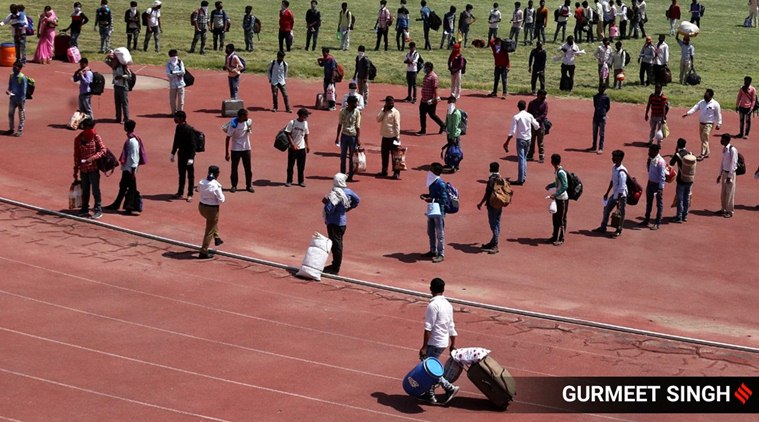
“We have to take India towards normalcy. We are developing a protocol to identify stations where counters can be opened. We have to ensure that there are no large crowds gathering at counters to book tickets, so we are studying the situation and devising a protocol towards it,” Railways Minister Piyush Goyal had said.
“We will also soon announce the resumption of more trains,” he had said during a conversation with BJP spokesperson Sambit Patra, adding that 1.7 lakh common service centres will start booking tickets.
How are Metro rail services preparing for resumption?
When it comes to the national capital, the Delhi Metro Rail Corporation (DMRC) has informed its staff that services may begin on a short notice of “24-48 hours”. As a first step towards resuming services, sources said, it has deployed full manpower, including station controllers and housekeeping staff, from Tuesday and begin preparations to run “double headway on all lines”, meaning the frequency of trains will be high.
The DMRC, The Indian Express has learnt, is also planning to deploy customer facilitation agents at the station gates for thermal scanning of commuters. Token vending machines (TVMs) are likely to be disabled to discourage cash transactions, except in “unavoidable circumstances”. Cleaning of stations has also started. Customer relations staffers have also been asked to show up for briefings on the new Standard Operating Procedure (SOP) that will govern services, as reported by The Indian Express on May 15.
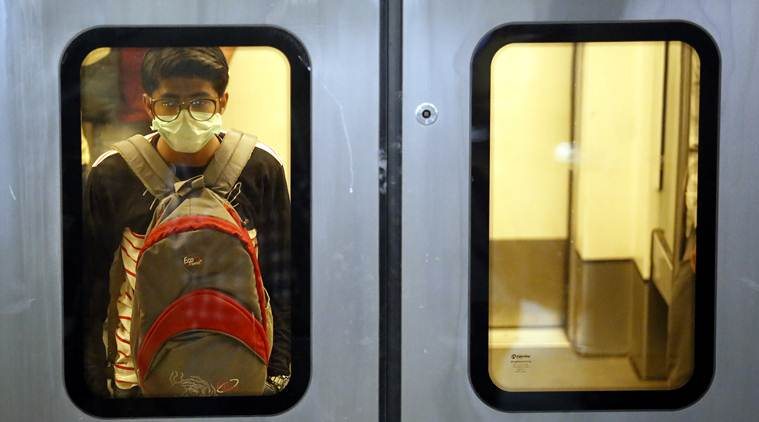
Though metro services remain under prohibited list as of now, the Centre has already shared with Metro operators across the country the SOP following which services will resume. As per the SOP, the trains will stop for up to 30 seconds more than usual at stations to ensure social distancing among passengers boarding or alighting.
Inside the trains, seating capacity will be limited, with ‘do not occupy’ stickers pasted on every alternate seat. Those standing will be expected to maintain a distance of at least a metre among themselves.

The SOP also underlines that “only asymptomatic passengers shall be allowed to enter stations” and that QR code-based tickets be linked with the Aarogya Setu app to ensure only “safe passengers” gain entry into stations once the restrictions on services are lifted. Metro operators have also been directed to make use of “Aarogya Setu App mandatory” for all passengers.
As per reports, other metro services like Chennai Metro Rail Limited (CMRL) and Kochi Metro Rail Ltd (KMRL) are set to start their regular operations once they get the nod from their state governments.
In Bengaluru, Namma Metro is all set to resume operations as the Bangalore Metro Rail Corporation is awaiting a final nod from the state government for the same. According to a senior BMRCL official, a plan has been made now to resume operations with 33 per cent passenger capacity. “Maintaining social distancing between passengers, wearing masks, and providing comprehensive sanitisation mechanism is the top priority for our preparations now,” the official said.
However, the state government is yet to take a call on the same as the Chief Minister’s Office confirmed that they are awaiting the Centre’s guidelines to resume operations. Namma Metro records an average ridership of 4.5 lakh daily.
With inputs from Avishek G Dastidar, Sourav Roy Barman, Ralph Alex Arakal